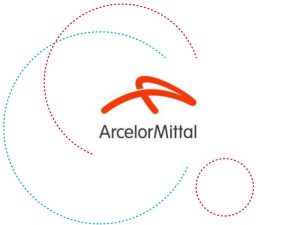Companies with large energy consumption are under pressure to reduce their carbon footprints. More than half of Fortune 500 companies have committed a fraction of their energy demand to be served by renewable energy sources. However, most companies cannot (or prefer not to) install renewable production on site, for example roof-top solar installations, but prefer to invest in renewable projects directly.
The most common approach for direct investments are bilateral contracts referred to as renewable power purchase agreements (PPA). A PPA is a long-term supply agreement concluded directly between a power consumer and a power producer. This agreement regulates the supply of electricity with a potentially uncertain profile at a pre-defined price. The total energy contracted through PPAs increased by 40% in 2019, accounting for more than 10% of the overall annual newly installed renewable capacity worldwide.
PPAs offer multiple advantages for sellers and buyers. They offer buyers a hedge against market price fluctations and improves their sustainability rating. Sellers benefit by securing cash flows for their investments far in advance thereby increasing their ability to raise money.
A problem for companies who want to sign PPAs is that long-term agreement entails a long-term valuation problem, which is further complicated by the fact that high penetration of renewables in the future leads to cannibalization effects.
This research project concerns the problem of pricing a renewable PPAs by developing a fundamental price model for electricity to calculate the captured price of a renewable power project. Large energy consumers can use this model to judge the risks and benefits associated with entering a PPA thereby making a more informed buying decision.
